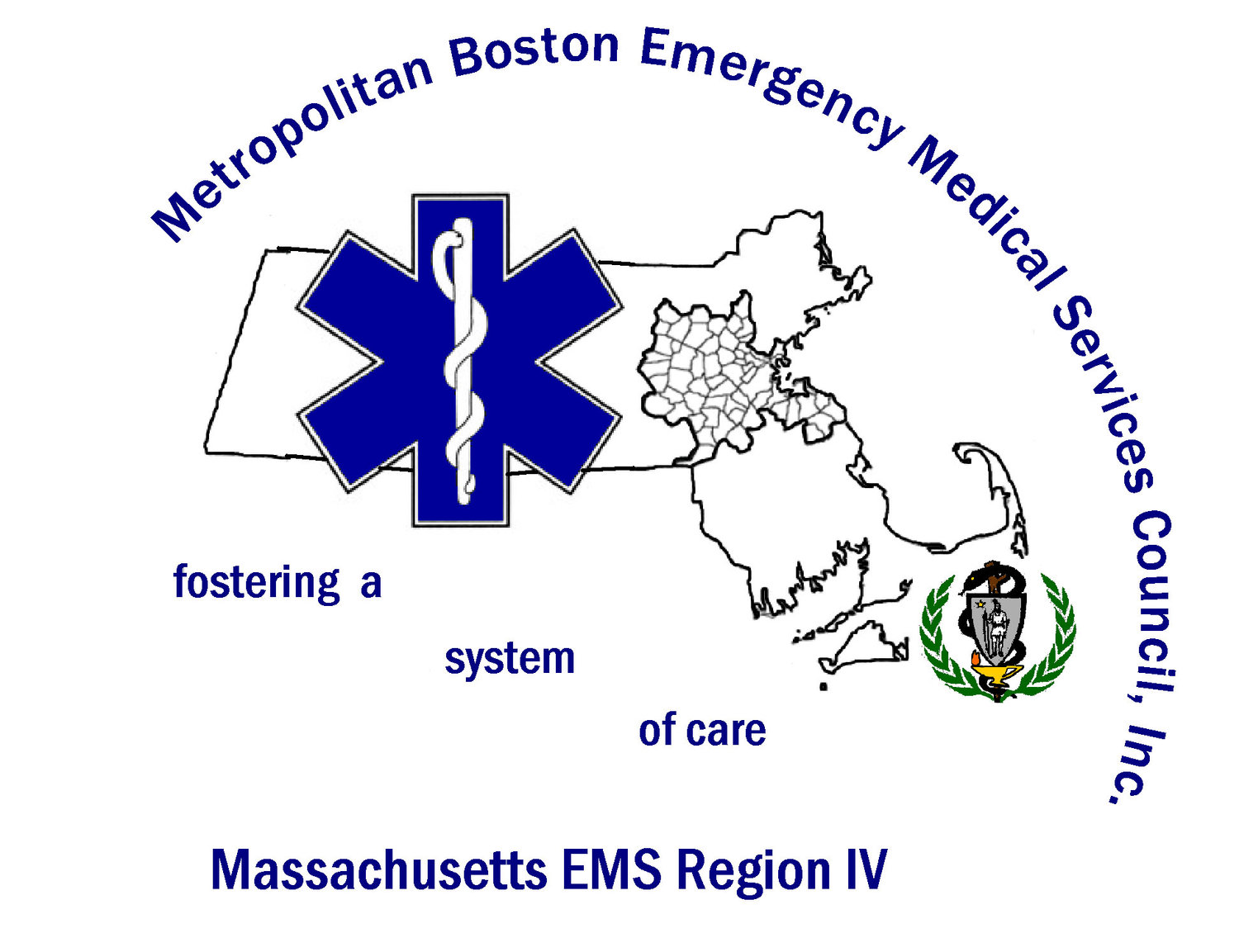
Safe Ventilation Use Reminder
The Massachusetts Department of Public Health (DPH) continues to work with state, federal and local partners on the outbreak of novel Coronavirus 2019 (COVID-19), caused by the virus SARS-CoV-2, and we continue to appreciate the essential role you have in responding to this evolving situation.
The purpose of this email is to remind ambulance services that in accordance with the Statewide Treatment Protocols’ emergency protocol 1.2 Patient at Risk of COVID-19, https://www.mass.gov/doc/emergency-release-of-12-patient-at-risk-for-coronavirus-disease-2019-covid-19-updated-april-0/download, it is critical that EMS take appropriate precautions when treating a patient who needs ventilation. When using a ventilator or bag-valve mask on a patient, EMS is to ensure the ventilation device has an in-line HEPA filter, whether the patient is intubated or not. This is essential to prevent potential COVID-19 exposure of the EMS and receiving hospital personnel.
Dear EMS Colleagues,
The Massachusetts Department of Public Health (DPH) continues to work with state, federal and local partners on the outbreak of novel Coronavirus 2019 (COVID-19), caused by the virus SARS-CoV-2, and we continue to appreciate the essential role you have in responding to this evolving situation.
The purpose of this email is to remind ambulance services that in accordance with the Statewide Treatment Protocols’ emergency protocol 1.2 Patient at Risk of COVID-19, https://www.mass.gov/doc/emergency-release-of-12-patient-at-risk-for-coronavirus-disease-2019-covid-19-updated-april-0/download, it is critical that EMS take appropriate precautions when treating a patient who needs ventilation. When using a ventilator or bag-valve mask on a patient, EMS is to ensure the ventilation device has an in-line HEPA filter, whether the patient is intubated or not. This is essential to prevent potential COVID-19 exposure of the EMS and receiving hospital personnel.
EMS personnel are reminded that Heat and Moisture Exchanger Filters (which may be attached to circuits during IFT) are not High Efficiency Particulate Air (HEPA) filters and are not adequate when used alone.
If in-line HEPA filters are not available, ventilation must be considered an aerosolizing procedure, and the EMS personnel should wear fitted N95 or equivalent respirators. EMS must also notify receiving facilities that an incoming patient is being ventilated without an in-line HEPA filter, so hospital personnel can don appropriate personal protective equipment (PPE).
Continuous positive airway pressure (CPAP) and bi-level positive airway pressure (BiPAP) are inherently aerosolizing, and while a HEPA filter on the circuit does not provide sufficient protection to forego N95 or equivalent respirators, EMS personnel should to include an in-line HEPA filter if one is available. In general, it is best to defer CPAP or BiPAP use to the hospital setting where a patient can be in a filtered room, in accordance with emergency protocol 1.2.
If you have any questions, please contact Brendan Murphy at Brendan.P.Murphy@mass.gov.
The DPH COVID-19 website, which is updated on a daily basis, can be accessed at www.mass.gov/2019coronavirus.
Thank you,
Scott
W. Scott Cluett III, NRP
Director
Office of Emergency Medical Services
Bureau of Health Care Safety and Quality
Massachusetts Department of Public Health
67 Forest Street
Marlborough MA 01752
Office - 617-753-8110 – Pls use mobile. Working remotely for COVID19
Mobile - 857-348-3163

